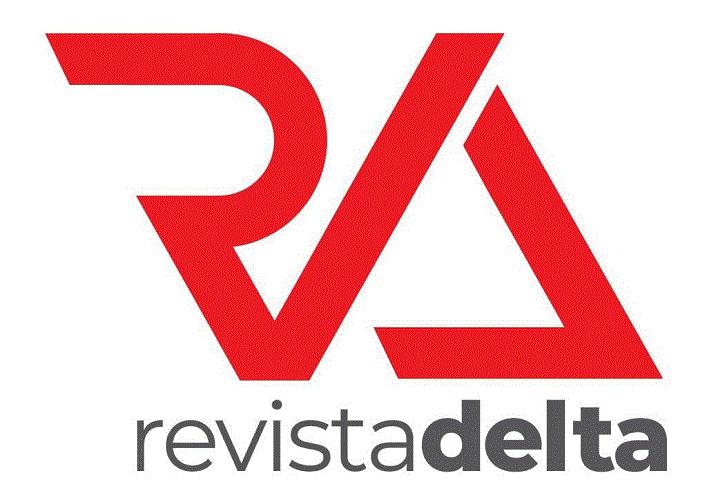This article aims at revisiting the literature in the area known as translation process studies and discusses the achievements and shortcomings observed in the last two decades of research. Some criticisms are raised with respect to the use of verbal protocols as a single methodological tool for research purposes and the use of a methodological triangulation technique is suggested incorporating retrospection, TRANSLOG© representations and the use of small corpora for the analyses of the translation process. CORPRAT - corpus on process for the analysis of translations - is introduced as part of the exploratory design. A case study follows the theoretical and applied discussions and informs our reflection upon the performance of novice translators to illustrate the applicability of the proposed methodology. Finally, some considerations are made in favor of extending the scope of research to encompass the performance of expert translators envisaging, by means of correlational analyses within CORPRAT, generalizations about translation-specific phenomena.
Translation process; Triangulation; Cognition; Contextualization; Translation competence






















